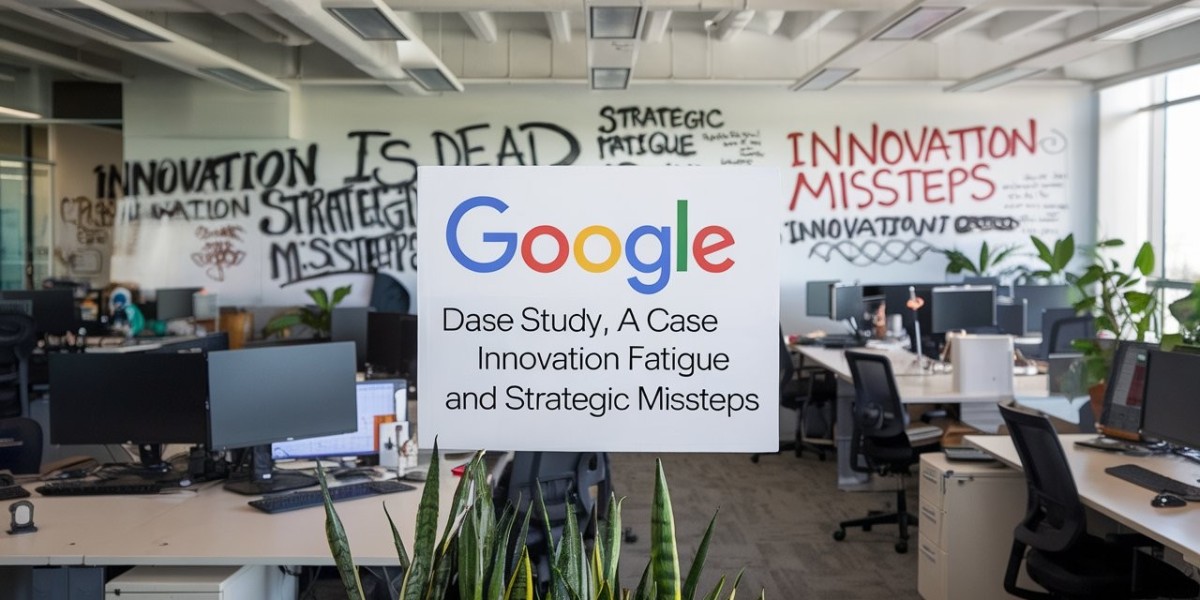The United Kingdom Carbon Dioxide Market reached a volume of 725.8 KMT in 2024 and is projected to witness steady growth, with an estimated CAGR of 1.5% from 2025 to 2034. By 2034, the market is expected to reach a volume of 840.5 KMT. The growth of the United Kingdom Carbon Dioxide Market is primarily driven by the increasing demand for CO₂ across industries such as food and beverages, medical applications, oil and gas, and metal fabrication, alongside advancements in carbon capture and sustainable production technologies.
In this blog post, we’ll explore the key factors influencing the United Kingdom Carbon Dioxide Market, including its production methods, sources, and the end-use industries that are driving demand.
Key Market Segmentation by Source
Ammonia
Ammonia is a significant source of CO₂ in the United Kingdom Carbon Dioxide Market, as CO₂ is a by-product of ammonia manufacturing. Companies like Yara International ASA and Tata Chemicals Europe Limited play a key role in ensuring a steady supply of CO₂ by integrating advanced CO₂ recovery technologies in ammonia plants, which enhances sustainability and supply consistency.
Ethyl Alcohol
The fermentation of ethyl alcohol is another important source of CO₂ in the UK. This source is particularly relevant for the food and beverage industry, where CO₂ is used in carbonated drinks and preservation. Companies such as BioCarbonics Ltd. leverage bio-based CO₂ production, which is becoming increasingly popular as a cleaner and more sustainable alternative to fossil fuel-derived CO₂.
Substitute Natural Gas (SNG)
SNG processes are another source of CO₂ in the UK market. BOC Limited (Linde) and Air Liquide UK Ltd are leaders in using innovative CO₂ recovery systems from SNG processes to ensure efficient capture and reduce environmental impact. As the UK transitions towards greener energy solutions, SNG will continue to be a key player in the United Kingdom Carbon Dioxide Market.
Market Segmentation by Production
Biological Production
Biological CO₂ production is becoming more prominent in the United Kingdom Carbon Dioxide Market due to its sustainability benefits. Methods such as fermentation and anaerobic digestion produce bio-based CO₂, aligning with the UK’s environmental goals. Ensus UK Limited, known for its bioethanol production, is contributing to the growth of this eco-friendly production method.
Combustion Production
Combustion remains a traditional method for CO₂ production, primarily in industrial applications. However, it faces challenges due to its environmental impact. Leading companies like Air Products PLC and Air Liquide UK Ltd are developing and implementing carbon capture, utilization, and storage (CCUS) technologies to mitigate the effects of combustion-based CO₂ production and make it more sustainable.
Key Market Segmentation by End Use
Food and Beverages
The food and beverage industry is one of the largest consumers of CO₂ in the United Kingdom Carbon Dioxide Market. CO₂ is used in carbonated beverages, food preservation, and packaging. The continued growth of the UK’s food and drink industry, coupled with increasing consumer demand for sustainable solutions, is driving the need for high-quality, food-grade CO₂. Companies like BioCarbonics Ltd. and BOC Limited (Linde) are meeting this demand by providing eco-friendly CO₂ solutions.
Oil and Gas
In the oil and gas industry, CO₂ is widely used for enhanced oil recovery (EOR) processes. As the UK moves towards renewable energy, the demand for CO₂ in EOR may slightly decline over time, but it remains an important segment of the United Kingdom Carbon Dioxide Market. Companies such as Air Products PLC continue to supply CO₂ for industrial processes while focusing on developing sustainable practices.
Medical Applications
The medical sector is a crucial consumer of CO₂, used for respiratory therapies, surgeries, and medical imaging. Companies like Nippon Gases and Progases (UK) Ltd are key suppliers of medical-grade CO₂ in the UK, ensuring high standards of safety and quality required for medical applications.
Metal Fabrication
The metal fabrication industry also drives demand for CO₂, primarily for welding and cutting applications. As manufacturing activities in industries like automotive and construction expand, the United Kingdom Carbon Dioxide Market is expected to see continued demand for CO₂ from this sector. Leading companies like Tata Chemicals Europe Limited and Air Liquide UK Ltd support this demand by providing reliable CO₂ sources.
Other Applications
Additional applications for CO₂ include water treatment, fire suppression, and chemical production. These diverse uses of CO₂ ensure a steady and consistent demand across various sectors within the United Kingdom Carbon Dioxide Market.
Market Dynamics
SWOT Analysis
Strengths
- A robust CO₂ production infrastructure and supply chain.
- Diverse industrial demand across multiple sectors.
- Strong presence of key players in the market offering innovative CO₂ solutions.
Weaknesses
- Dependence on a few primary sources like ammonia and ethyl alcohol for CO₂ production.
- Environmental concerns associated with traditional production methods.
Opportunities
- Adoption of sustainable and bio-based CO₂ production methods.
- Technological advancements in carbon capture and utilization.
- Increased focus on circular economy and sustainability initiatives.
Threats
- Stringent environmental regulations on CO₂ emissions and production.
- Supply chain disruptions due to geopolitical or economic factors.
- Competition from alternative gases and substitutes.
Porter’s Five Forces Analysis
- Threat of New Entrants: High capital investment and stringent regulations limit the entry of new players.
- Bargaining Power of Suppliers: The limited number of CO₂ sources provides suppliers with moderate bargaining power.
- Bargaining Power of Buyers: Buyers have access to multiple suppliers but demand high-quality CO₂ with reliable delivery.
- Threat of Substitutes: Emerging alternatives for specific applications could pose a long-term threat to the market.
- Industry Rivalry: Intense competition among established players drives innovation and cost efficiency.
Regional Insights
Key urban centers such as London, Birmingham, and Manchester dominate CO₂ demand, thanks to their dense industrial presence. However, rural regions are also witnessing growth as industries expand outside metropolitan areas. Companies like BOC Limited (Linde) and Air Liquide UK Ltd are optimizing supply chain management to meet regional demands effectively and ensure consistent CO₂ supply.
Competitive Landscape
The United Kingdom Carbon Dioxide Market is highly competitive, with key players investing in sustainable solutions and carbon capture technologies. Leading companies include:
- Ensus UK Limited: Known for bioethanol production, contributing to biological CO₂ generation.
- BioCarbonics Ltd.: Specializes in bio-based CO₂ solutions for the food and beverage industry.
- Tata Chemicals Europe Limited: Supplies industrial-grade CO₂ for metal fabrication and other applications.
- Yara International ASA: Utilizes CO₂ recovery technologies in ammonia production.
- Air Products PLC: Focuses on carbon capture and storage technologies for sustainable CO₂ production.
- BOC Limited (Linde): Provides industrial and medical-grade CO₂ solutions across sectors.
- Air Liquide UK Ltd: Innovates in CO₂ recovery and distribution technologies.
- Nippon Gases: Supplies high-quality CO₂ for medical and industrial uses.
- Progases (UK) Ltd: Meets specific CO₂ needs for various applications.








